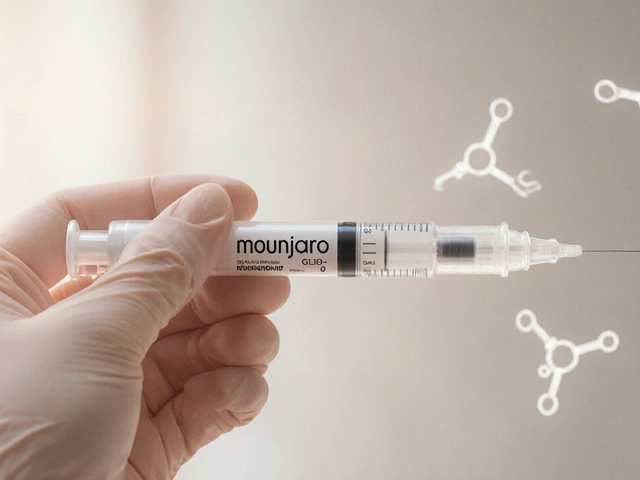Aloe Vera: What It Does and How to Use It Safely
Aloe vera is everywhere – in skin creams, drinks, and even some medicines. People love it for soothing sunburns and helping digestion, but not every aloe product is safe. On this page we break down the real benefits, the hidden risks, and what you should watch for when you see aloe listed on a label.
Top Benefits You Can Count On
First up, the good stuff. Aloe gel inside the leaf contains vitamins, minerals, and a sugar called acemannan that can help the skin heal faster. If you slap a fresh slice on a minor burn, you’ll notice less redness in a few hours. Many Indian herbal drinks use aloe juice to add a mild laxative effect, which can keep things moving if you’re a bit constipated.
Beyond skin and gut, small studies in India have shown aloe may lower blood sugar a little when taken as a supplement. It’s not a replacement for prescription diabetes meds, but some folks add a teaspoon of aloe juice to their morning routine and see a steadier glucose level.
When Aloe Turns Toxic
Here’s the flip side – not all aloe is created equal. The yellow sap, called aloin, lives just under the leaf’s skin and can be a harsh laxative. If a product isn’t properly filtered, you could drink enough aloin to cause cramps, diarrhea, or dehydration. In severe cases, especially for kids or the elderly, it can lead to electrolyte imbalance.
Another danger is mixing aloe with certain medicines. Aloe can speed up the emptying of the stomach, which may lower the absorption of drugs like antibiotics or heart meds. If you’re on prescription pills, ask your doctor before adding any aloe supplement.
People with kidney problems should be extra careful. The high potassium content in some aloe juice brands can stress already weak kidneys, leading to complications.
Lastly, watch out for contamination. Some low‑cost aloe products made abroad have been found with pesticide residues or heavy metals. Always choose a product that lists a reputable manufacturer and, if possible, a third‑party test result.
In short, aloe vera can be a great ally for skin and digestion, but treat it like any other herb – use the right form, watch the dosage, and check with a health professional if you’re on medication.
Got a specific aloe‑related question? Our Toxic Medicine Insights team dives deep into Indian pharmaceutical safety, so you can stay informed and make the best choices for your health.

The Miracle Plant That Heals: Unlocking the Powers of Aloe Vera
Curious about the plant believed to heal almost everything? Dive into the everyday wonders, science, and surprising uses of aloe vera, nature's favorite green remedy.




